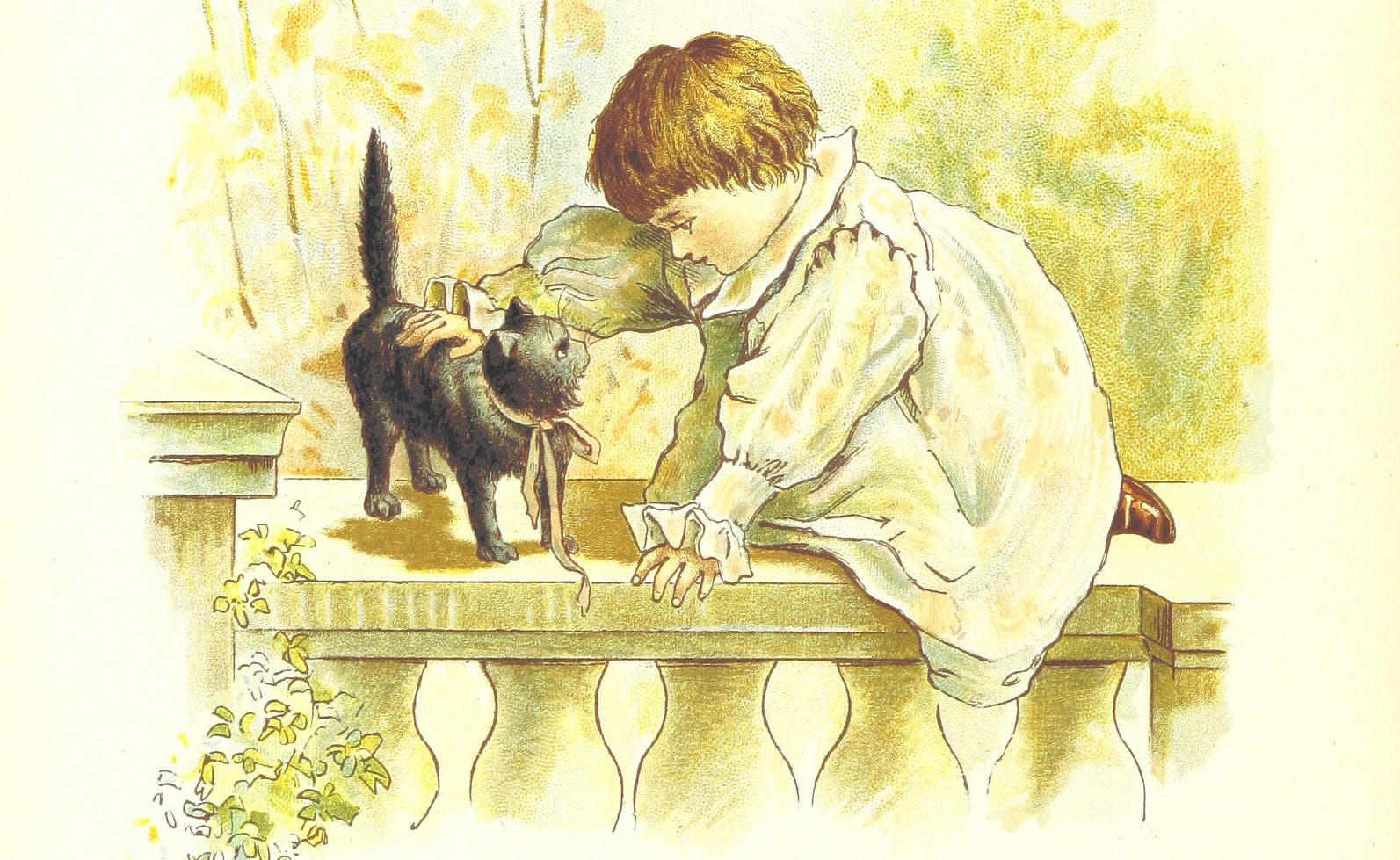Raising Grateful Kids
- KidsI read a fantastic article this week about how to raise more grateful children. It’s by Jennifer Breheny Wallace and was published in the Wall Street Journal. Here’s a link if you’d like to read the whole article yourself (you have to be a WSJ subscriber).

Hello, everyone,
I read a fantastic article this week about how to raise more grateful children. It’s by Jennifer Breheny Wallace and was published in the Wall Street Journal. Here’s a link if you’d like to read the whole article yourself (you have to be a WSJ subscriber).
I live in a suburb of Seattle, and as you might imagine there is a lot of wealth on display here. I’ve had several clients tell me they are worried about the messages their kids are getting, and that they want to teach them to be more grateful for what they already have. So I’m going to summarize some of the key points of the Wallace article for you here.
It starts with a story about Kathleen, a mother in suburban Minneapolis, who has two young sons. She says her sons’ friends don’t acknowledge adults for driving them around all weekend for their activities or showing them other kindnesses, and that the parents themselves don’t even expect gratitude anymore.
Then Wallace reviews some of the research into gratitude among children and adolescents. It turns out that kids really are less grateful: only 35% of 18- to 24-year-olds regularly express their gratitude, which is lower than any other age group.
But gratitude is related to a whole range of positive outcomes for kids, like reduced anxiety and depression and improved well-being. These kids show and receive more social support from their family and friends and are also happier and more engaged at school. A grateful student’s classmates perceive them as more friendly, thoughtful, and warm than the non-grateful students. The grateful students show fewer antisocial behaviors like aggression.
Gratitude also kick-starts a kid’s future. In a longitudinal study of adolescents on Long Island, the kids who showed increases in gratitude over the four-year study period were also better at managing their lives and setting goals for the future.
All of this is fascinating, but how do we actually instill gratitude in our kids when all of their friends just got the new Xbox game or iPhone? Here are a few ideas:
- Help kids find gratitude in the everyday things in life (like that ride to soccer practice), not just big birthday presents or treats.
- Notice and thank the unsung people who add value to your life, like the janitor, the supermarket checker, or the nice person who held the door open for you. Help other people, too.
- Lead by example: when your kids do something nice for you, thank them. When your partner does something nice for you, thank them in front of the kids.
- Participate in the National Association of School Psychologists’ Gratitude Works Program. There are suggestions and resources for you to use at home or you can help implement the full program at your kids’ school.
- Volunteer as a family to help people who aren’t as privileged.
- Travel as a family to areas which are less affluent: a client shared with me that their recent trip to Mexico was one of the best things that ever happened to their family. The kids were able to see firsthand that not everyone is as fortunate as they are, and they wanted to talk about it.
While we’re at it, why don’t we all take a little time out of our day to be grateful? If gratitude creates all this goodness for kids, imagine what it can do for the rest of us. I’ll start: I’m grateful to be sitting in my safe, warm office, in the middle of a rainstorm, writing about gratitude as part of a profession I really love.